 We are often told, usually by liberals, that liberals are exceedingly tolerant. “Tolerance” is one of their buzzwords but, in practice, that can be awfully hard to see. While they are exceedingly tolerant of their own viewpoints, they tend to get a little upset when confronted by opinions which differ from their own. We were reminded of this recently when conservative feminist Christina Hoff Sommers spoke at Oberlin College, where the delicate flowers there enrolled needed to retreat to “safe spaces” so that they wouldn’t be exposed to another point of view. Now, I am unsurprised to find, the liberal New York Times has written about muting the political views of your friends on Facebook.
We are often told, usually by liberals, that liberals are exceedingly tolerant. “Tolerance” is one of their buzzwords but, in practice, that can be awfully hard to see. While they are exceedingly tolerant of their own viewpoints, they tend to get a little upset when confronted by opinions which differ from their own. We were reminded of this recently when conservative feminist Christina Hoff Sommers spoke at Oberlin College, where the delicate flowers there enrolled needed to retreat to “safe spaces” so that they wouldn’t be exposed to another point of view. Now, I am unsurprised to find, the liberal New York Times has written about muting the political views of your friends on Facebook.
The article opens with the story of a 27 year-old woman who unfollowed Facebook friends who don’t support Hillary Clinton. She is quoted in the piece as saying “I’ve lost touch with many great childhood friends of mine due to social media providing a platform for political discussion.” Heaven forbid that she should have a discussion with someone with whom she doesn’t agree. The piece goes on to say “with the presidential race heating up, a torrent of politically charged commentary has flooded Facebook, the world’s largest social networking site, with some users deploying their ‘unfollow’ buttons like a television remote to silence distasteful political views.” The article then moves into how Facebook’s algorithms determine what a user will see, and ends with the positive note that there will still be cat videos for those avoiding politics. However, the article doesn’t really address the fact that this is an alarming social commentary.
Living in an echo chamber isn’t healthy. While iron sharpens iron, it’s both worthwhile and responsible to hear opposing points of view and to have respectful debate and discussion. This is how we learn and grow, even if nobody in the conversation has a change of opinion. Maybe it only serves to hone your arguments, but it is never hurtful to know what your opposition has to say. One doesn’t need to engage in political discussions, but filtering out a friend so that those opinions are never seen only makes your world more insular. In an increasingly polarized country, blocking out opposing viewpoints is weak and reeks of fear of “other.” So, which side is listening, and which side is putting their fingers in their ears and singing “lalalalala” with increasing volume. I wasn’t surprised by the answer.
I have wracked my brain in writing this piece, and cannot think of a single instance in which I have unfriended or even filtered someone over differing political opinions. Ever. However, I know I’ve been blocked and unfriended by people that I considered to be good friends because I am a conservative. I won’t pretend it didn’t hurt to have someone refuse even to engage with me or to have a discussion but, rather, chose to live as though everyone agreed. I have heard similar stories from countless other conservatives, so I know I’m not alone in this. However, is that just my own sphere? I dug into it, and found that my hypothesis is true: conservatives are more tolerant of other opinions than are liberals.
According to a Pew Research Study, 44% of people who are, as the study defines them, “consistently liberal” have hidden, blocked, defriended, or stopped following someone on social media due to differences in political beliefs. Only 31% of those who are consistently conservative did the same. This goes beyond social media, too. The same study showed that 24% of liberals have completely ended a friendship over politics, while that is the case for only 16% of conservatives.
I can hear the liberals now suggesting that this is because conservatives only have conservative friends, so there’s nobody with whom to cut ties. Again, I know that’s not true for me or my friends, and the study confirms, once more, that my experience is not unique. Liberals are also less likely to have friends on the other side of the aisle than conservatives, so that argument won’t fly. Terribly sorry.
So, thus far, the data shows that we conservatives are more likely to have friends with different viewpoints, and that we are more likely to listen to them. As it turns out, we don’t just listen when other viewpoints are presented to us, we are also more likely to seek them out. A recent study by StatSocial, as reported by the Washington Examiner’s Becket Adams, found that conservatives on Twitter are more likely to follow those with opposing viewpoints than those on the left. StatSocial’s CEO is quoted in the piece as saying “People on the Left are more insular. They’re less interested in others’ opinions.” That’s pretty cut-and-dried, I’m afraid.
We don’t always want to talk about or see politics in our newsfeed, and some like it less than others. If someone wants to be completely apolitical online, that is understandable. However, that doesn’t explain while liberals are more likely to silence only opposing viewpoints, why they would cease to be friends with someone offline, or why they only follow voices from their own side. The data clearly shows that liberals are less likely to learn about, listen to, or be friends with those with opposing viewpoints. So, liberals, are you comfortable with that? With shutting out other viewpoints and only listening to those who support your own arguments? I wouldn’t be, and that’s why I welcome and seek out other points of view. I enjoy learning why people believe and vote the way they do, as I think we all should.
I won’t pretend I don’t like a good video of dogs trying to force their friendship upon cats, and I’ll watch them every time they pop up in my feed. However, the country is becoming more and more polarized, and we are never going to get anywhere if we won’t listen to each other. Enough with shutting out dissent. Remember: our beliefs are as different from yours as yours are from us, and we’re still willing to listen.
A previous version of this post appeared at Stream.org


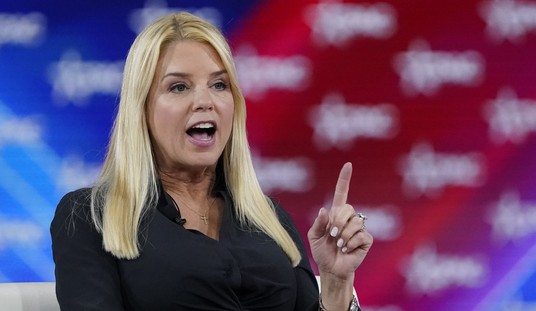





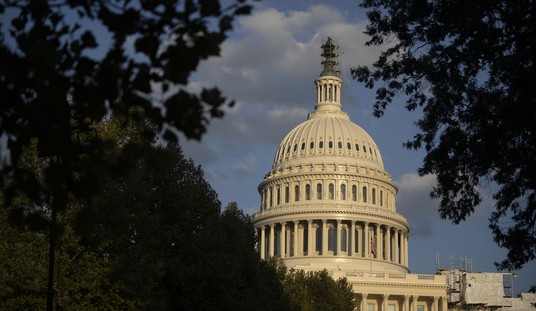
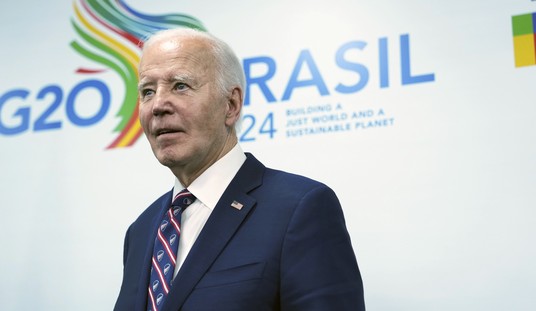

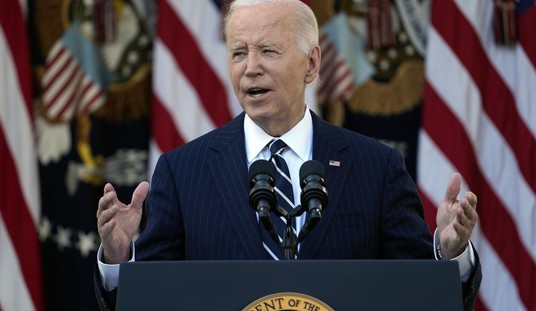
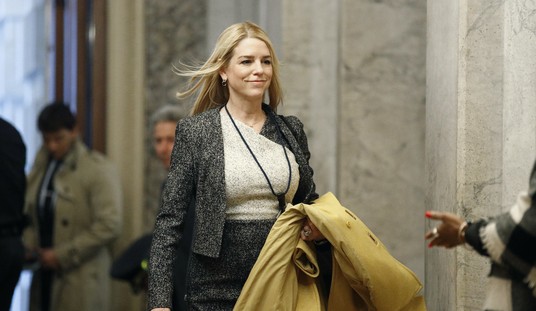
Join the conversation as a VIP Member